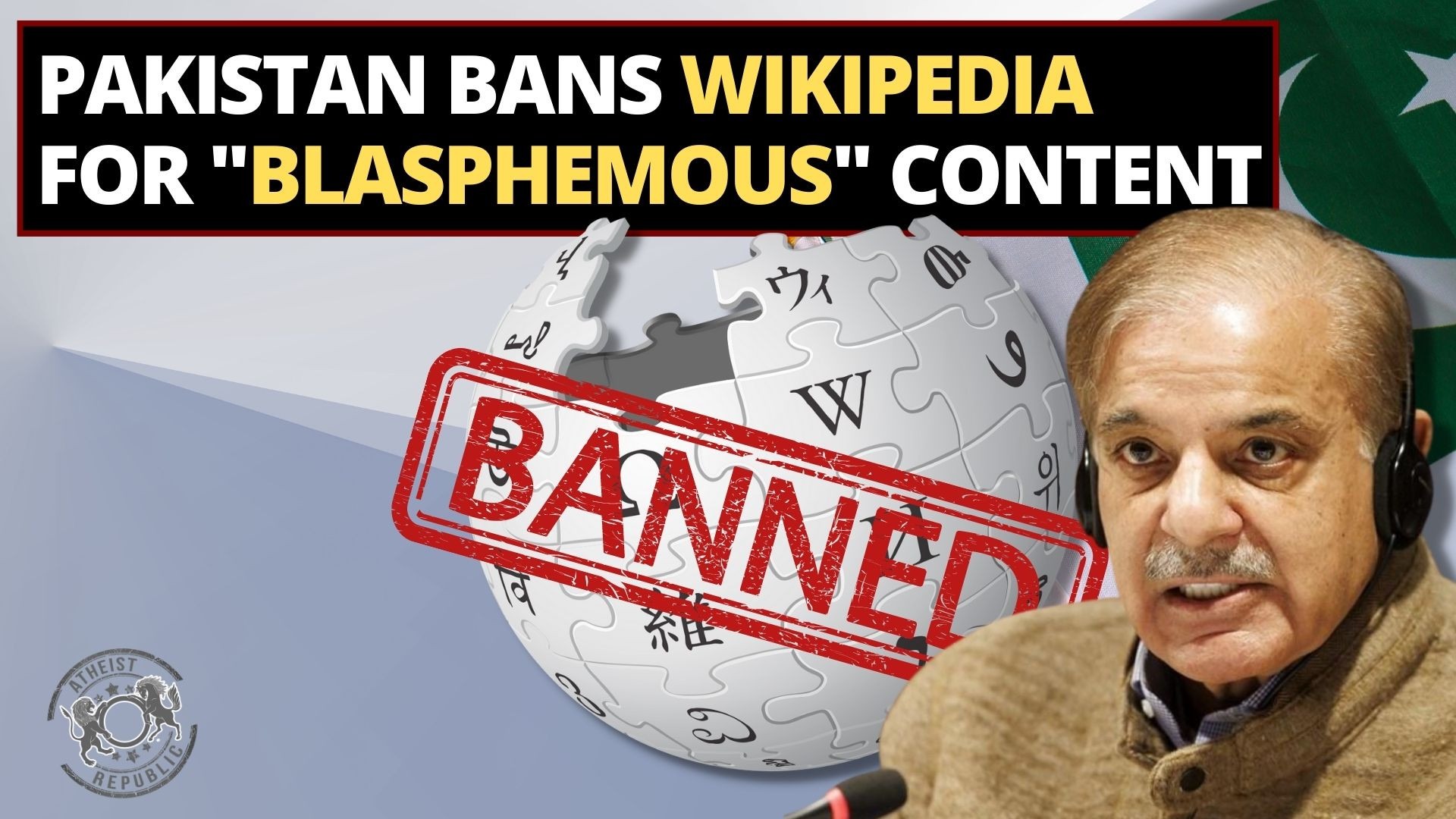
After Pakistan blocked Wikipedia for three days over accusations of not removing allegedly blasphemous content, the online encyclopedia is up and running again.
On February 3, the Wikimedia Foundation, the organization that manages the popular crowd-sourced online directory, announced via Twitter that Pakistan’s Telecommunications Authority blocked Wikipedia and its other projects.
Wikipedia has been blocked in Pakistan.
Today, Pakistan’s Telecommunications Authority blocked @Wikipedia and other Wikimedia projects in the country.
Follow the thread for more information (1/4)https://t.co/8xM73if9B2— Wikimedia Foundation (@Wikimedia) February 4, 2023
According to the Wikimedia Foundation, they received a notification from the authority on February 1st saying that their services “have been degraded for 48 hours” after failing to remove “unlawful” content. The warning was extended to a total ban just two days later.
The PTA said Wikipedia was given until February 3rd to comply with their warning, claiming that the “sacrilegious content” from the website hurts the sentiments of Muslims in the country. However, they failed to explain which content was deemed “blasphemous” or “unlawful,” and they never explained the pages described as anti-Islam.
“PTA has degraded Wikipedia services in the country on account of not blocking/removing sacrilegious contents,” the authority said.
The move was heavily criticized on social media, arguing that the ban was “regressive,” undermined digital rights in the Muslim-majority country and deprived Pakistanis of access to vital knowledge.
Pakistan just blocked Wikipedia.
It amazes me how we find innovative new ways to embarrass ourselves internationally on a regular basis …— Umar Saif (@umarsaif) February 4, 2023
As outrage continued, Pakistan’s prime minister Shahbaz Sharif ordered the government to restore Wikipedia’s services last Monday, according to a statement. The country’s information minister Marriyum Aurangzeb said on the same day that the prime minister’s five-member committee looked into the issue and demanded to lift the ban on the website.
The ban on Wikipedia lasted for only three days. However, the website had already faced restrictions on some of its pages.
Nevertheless, the Wikimedia Foundation expressed its gratitude after the reversal of the ban, saying that lifting the ban “means that the people of Pakistan can continue to benefit from and participate” in the growth of a global movement “to spread and share knowledge that is verified, reliable and free.”
Blasphemy is an extremely sensitive and contentious issue in Pakistan, with the country passing a controversial blasphemy law that punishes anyone guilty of insulting Islam to death. However, the nation is yet to enforce capital punishment for the crime.
Wikipedia was also not the first website to be blocked in Pakistan for content considered blasphemous and insulting to the country’s Muslim-majority population. The country banned Facebook and blocked YouTube twice.
The popular video-sharing website by Google was once blocked in 2008 over videos depicting the Prophet Muhammad, which is considered blasphemous across the Muslim world. It was banned again from 2012 to 2016 for the same reason.
TikTok, a trendy social media network for sharing short videos owned by China’s ByteDance, was also banned for purportedly sharing indecent and immoral content.
